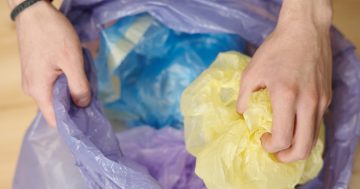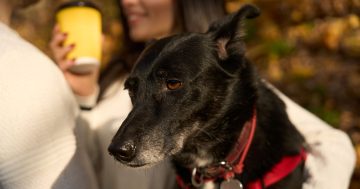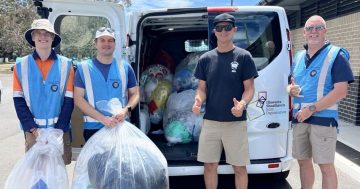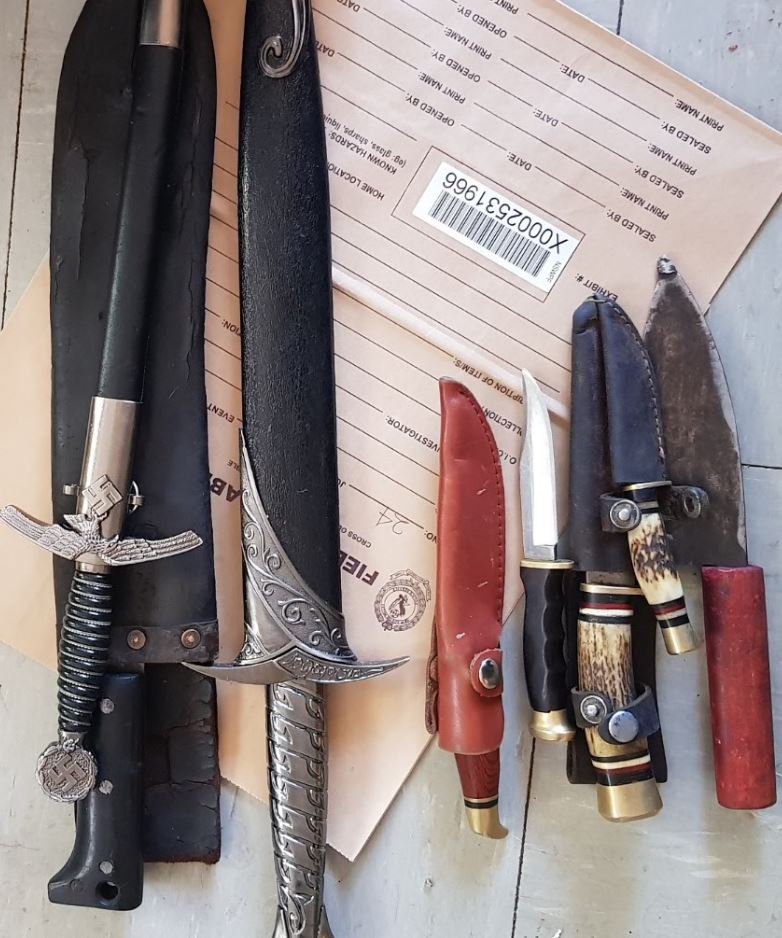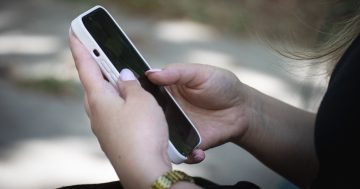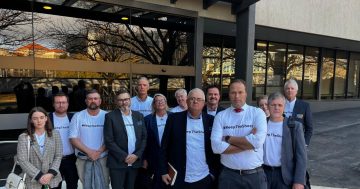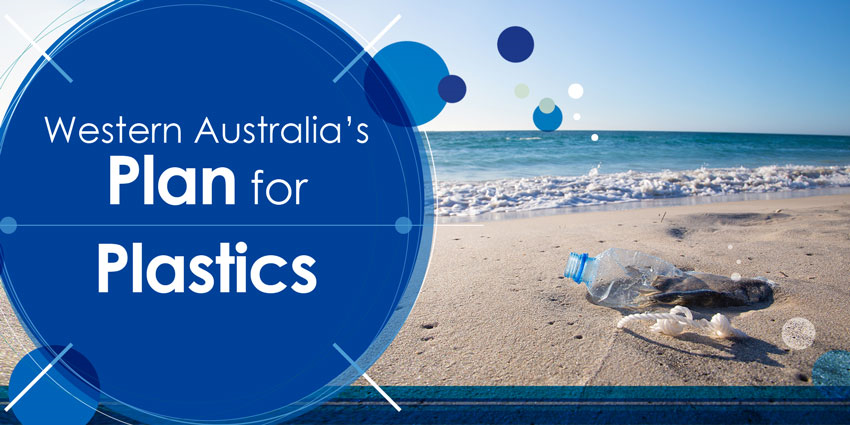
Stage two of Western Australia’s Plan for Plastics environment improvement program came into force in this month when the first items including single-use plastic started to be collected.
Announced by the Minister for Environment, Reece Whitby, the second ban is aimed at new single-use plastic items while applying other items targeted under Stage 2.
According to the Minister, the items now banned include microbeads, expanded polystyrene cups, cotton buds with plastic stems, degradable plastics designed to break up into fragments, and loose-fill expanded polystyrene packaging.
Mr Whitby said a six-month transition period began in February 2023 to allow businesses to use up supplies and source alternative products before the bans were enforced.
He said WA’s Plan for Plastics has phased out a range of items, saving 1.1 million single-use plastics from landfill or litter across the State each year.
He said other items targeted in Stage 2 included non-compostable plastic takeaway coffee cups, plastic produce bags for fruit and vegetables, moulded expanded polystyrene packaging, unlidded trays as well as lids for takeaway bowls, plates, cups, trays, and containers – excluding pre-packaged food such as sandwiches and sushi.
“Western Australians have truly embraced our Plan for Plastics,” Mr Whitby said.
“The feedback from businesses has been overwhelmingly supportive, with many already making the switch to environmentally friendly alternatives,” he said.
“We’ll continue to use a common-sense, education first-approach to enforce these bans. It’s about changing habits in our journey towards a single-use plastic free future.”
The Minister said the transition periods for the newly unwanted items range from 12-28 months with the final enforcement date on 1 July 2025.
He said the State Government would continue to use a common-sense, education-first approach to enforcing the bans.
“Retailers and suppliers not making any plans or effort to transition, and deliberately continuing to supply banned items, could face fines up to $5,000 for an individual, or up to $25,000 for a body corporate,” he said.
He said the National Retail Association offered support programs for retailers, suppliers and community groups with the Boomerang Alliance, in partnership with the Government, also supporting the hospitality industry and local governments to adapt through the WA Plastic Free Places program.
A study from the Department of Biodiversity, Conservation and Attractions showed that items phased out during WA’s Plan for Plastics were commonly found in the Swan Canning Estuary, including expanded polystyrene pieces.
Researchers concluded the restriction of these single-use plastics, especially in food and general packaging, would reduce this waste in waterways.
More information about the State’s Plan for Plastics can be accessed at this PS News link.


